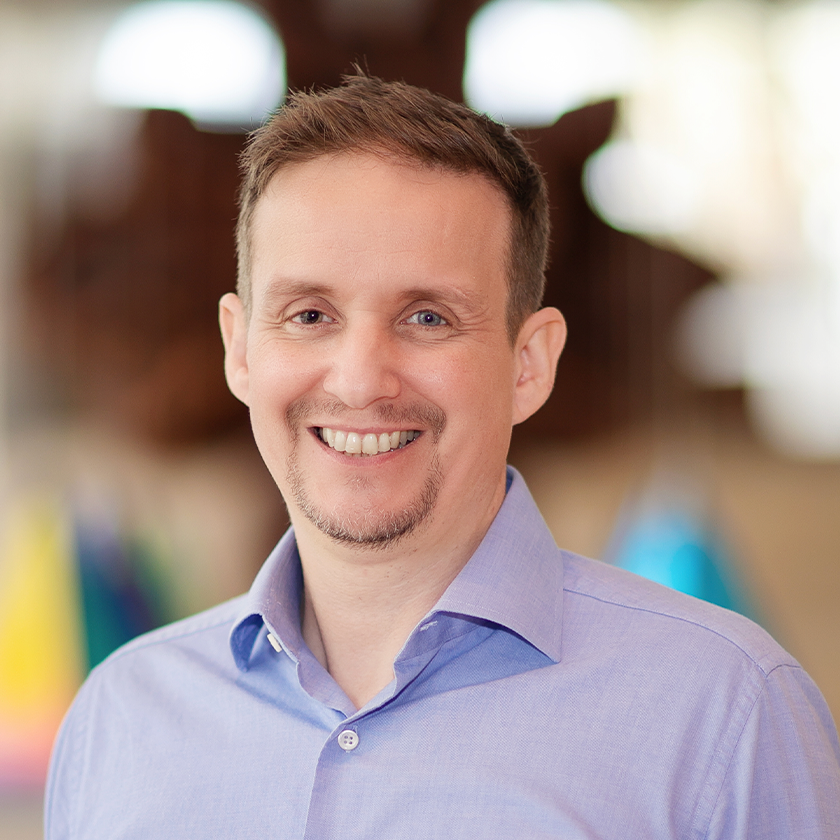
Manuel Aranda
Professor, Marine Science
Biological and Environmental Science and Engineering Division
We study how corals and their symbiotic algae interact, adapt, and sometimes fail under stress because understanding these relationships at the molecular level is key to protecting coral reefs in a rapidly changing world.
Program Affiliations
Biography
Professor Manuel Aranda’s research focuses on the molecular basis of coral-algal symbiosis and how this interaction shapes coral resilience in the face of climate change. His group integrates functional genomics, evolutionary biology, and epigenetics to investigate how corals acclimate and adapt to environmental stressors. He received his Ph.D. from the University of Cologne, Germany, and joined KAUST in 2012, where he established the Coral Symbiomics Lab. He has authored over 100 peer-reviewed publications in scientific journals, including Nature Communications, Science Advances, and Nature Climate Change. He serves on the editorial board of Frontiers in Marine Science and participates in international initiatives focused on coral reef adaptation and restoration. His work contributes to advancing assisted evolution and genomic-based strategies for reef conservation.
Research Interests
Professor Aranda’s research centers on the symbiotic relationship between reef-building corals and dinoflagellate algae of the family Symbiodiniaceae, a partnership critical for coral reef productivity and resilience. His group investigates the molecular mechanisms that establish and regulate this symbiosis, with a focus on how environmental stress, particularly elevated temperatures, disrupts these interactions. Using functional genomics, transcriptomics, and epigenetic profiling, his team explores how corals respond and adapt to thermal stress. A key goal of his team is to understand the role of standing genetic variation, transgenerational plasticity, and epigenetic regulation in shaping coral responses to climate change. This knowledge is applied to develop assisted evolution strategies, including selective breeding and genomic screening, to enhance coral resilience and support reef restoration efforts.
Education Profile
Postdoctoral Fellow, King Abdullah University of Science & Technology, 2009
Postdoctoral Fellow, Institute for Genetics, University of Cologne, 2007
Ph.D., Institute for Genetics, University of Cologne, 2006
Diploma, Institute for Genetics, University of Cologne, 2001

